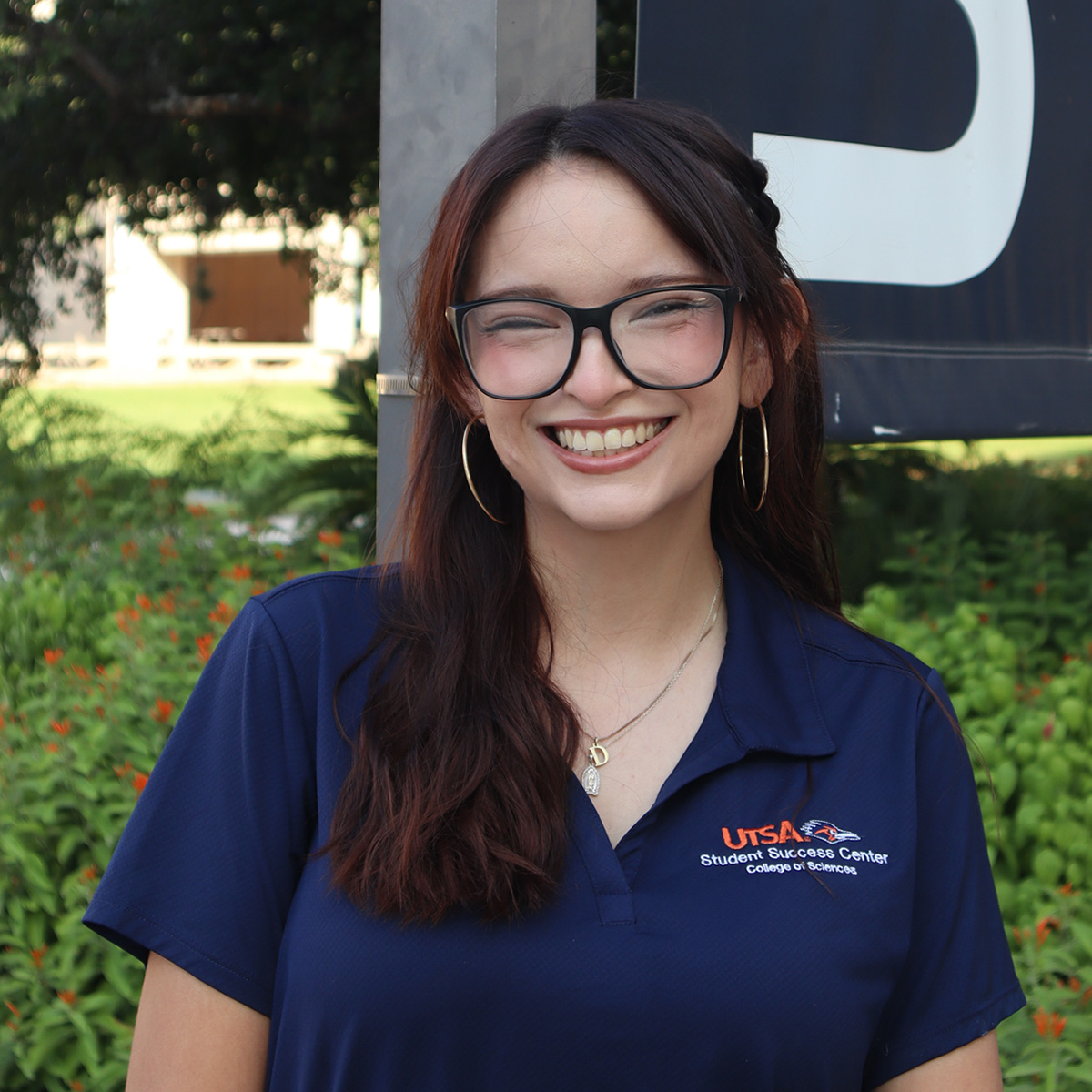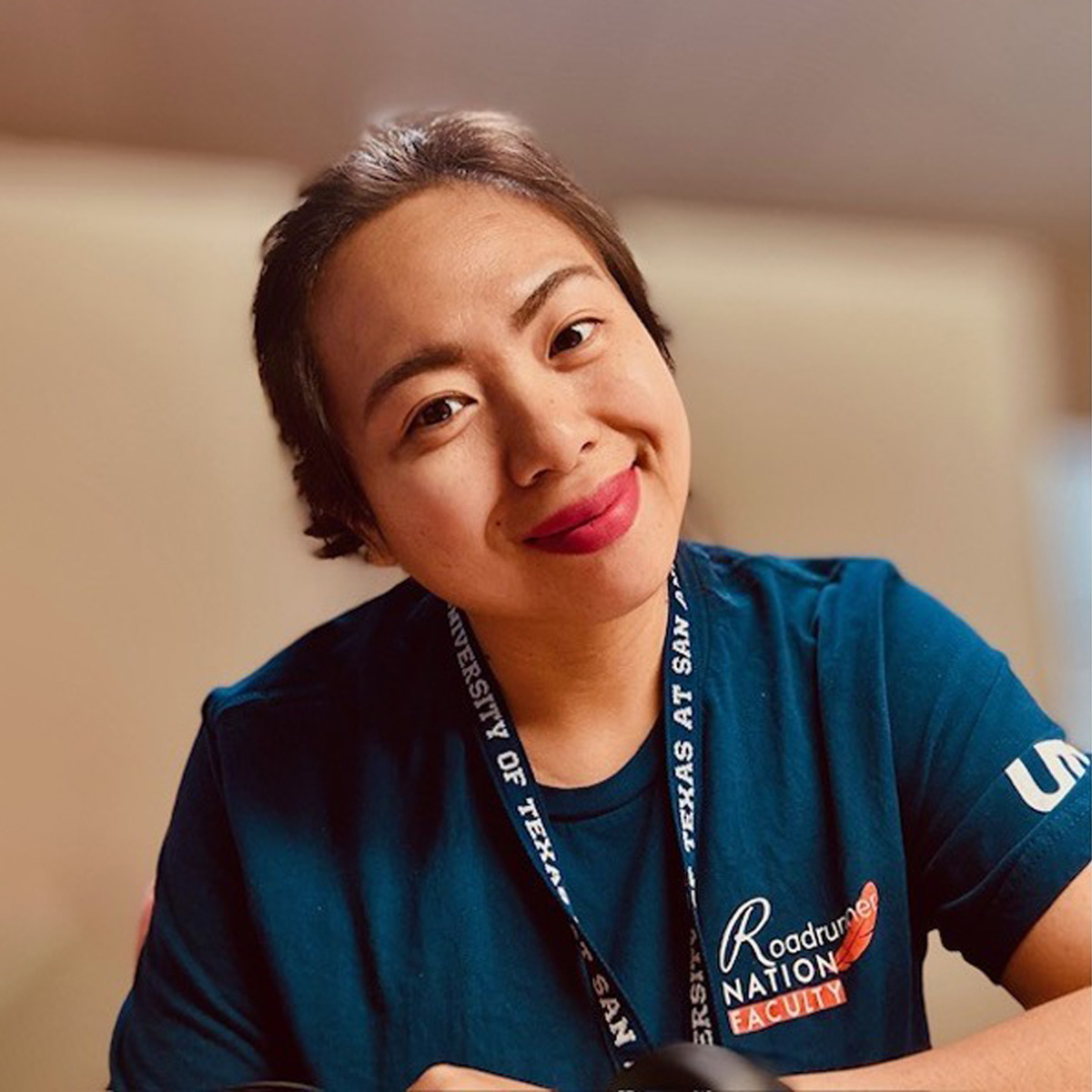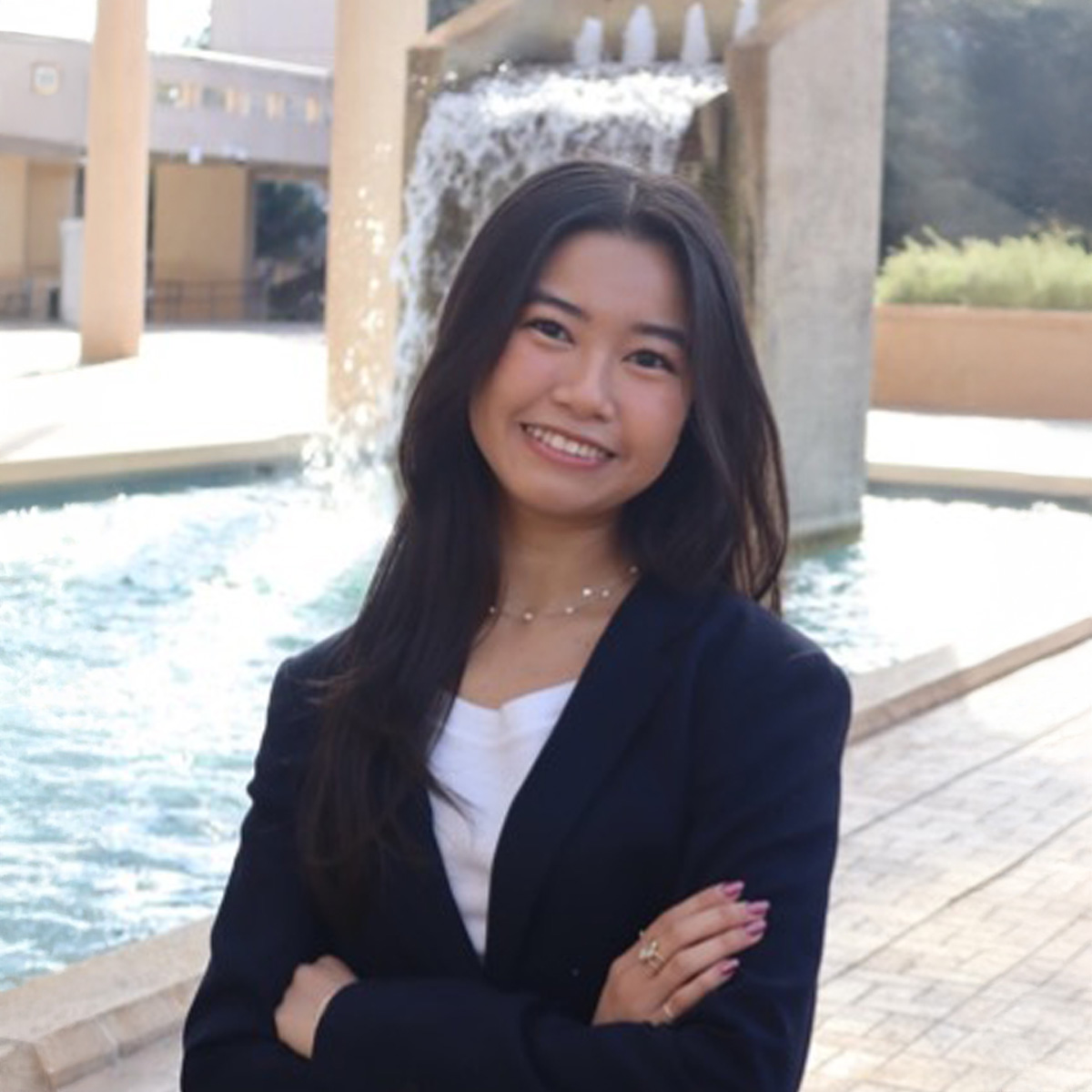Posted on January 5, 2021 by College of Sciences
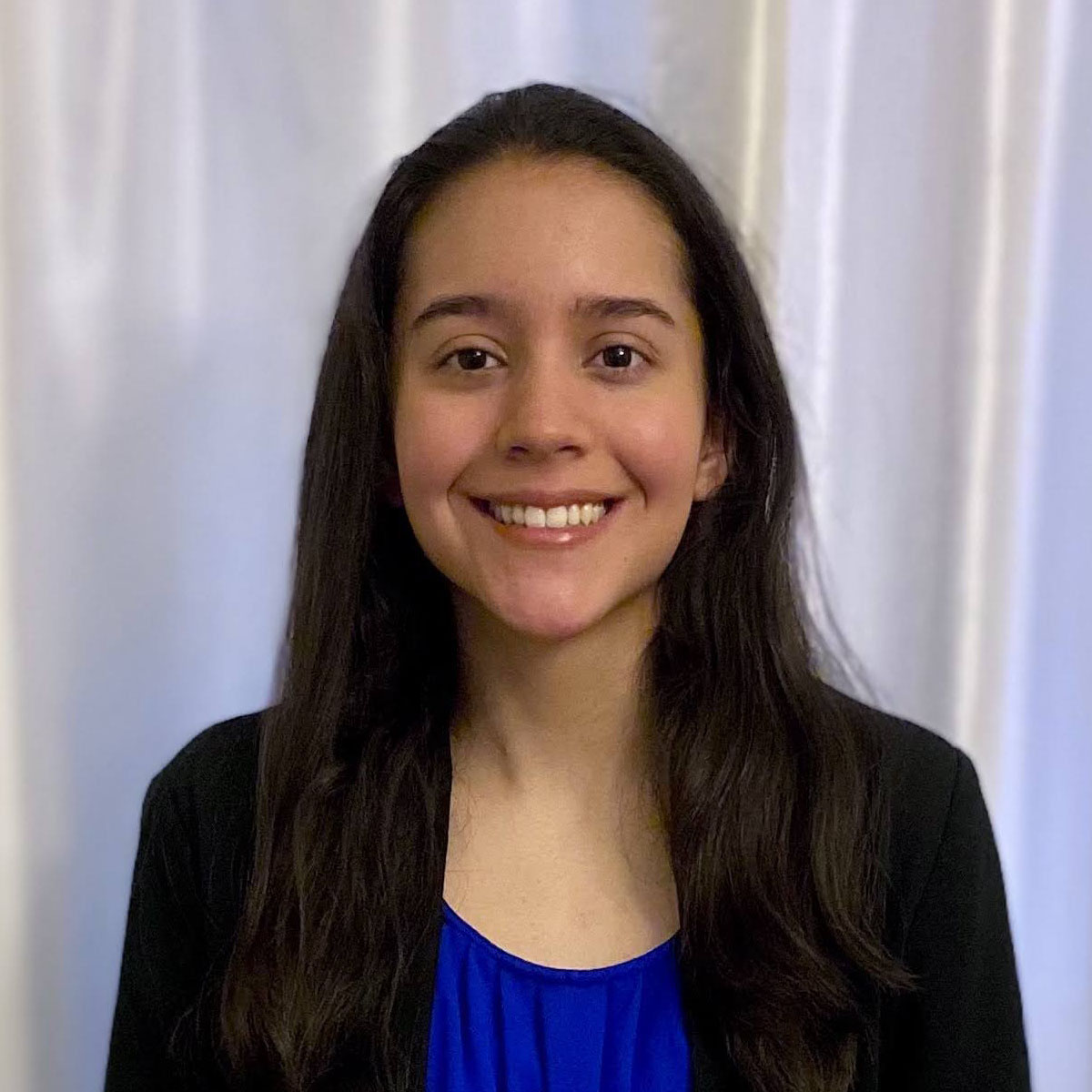
Mariah Antopia, Biology Major
By Lauren Moriarty
During the summer of 2020, Mariah Antopia started her computational research training. With little previous exposure to coding and programming languages, the sophomore biology major had to acquire new skills and adapt to continuing her research in an online modality. She worked under the supervision of postdoctoral researcher Dr. Paul Varma to develop her own SARS-CoV-2 computational project, entitled "Bioinformatics Analysis of the SARS-CoV-2 Interactome in Human Fetal Brain Development."
"My research focused on the SARS-CoV-2 virus," said Antopia. "It specifically focused on how this virus can have potential impacts on the fetal brain via vertical transmission from an infected pregnant mother. I was responsible for all the data analysis of the project. The research was able to provide critical information on the likelihood of fetal infectivity and the potential impacts on fetal neurodevelopment."
Antopia is a member of UTSA's ESTEEMED (Enhancing Science, Technology, EnginEering, Math, and Educational Diversity) research training program, which helps freshman and sophomore-level trainees develop as scholars and scientists. The NIH federally-funded program provides academic enrichment, financial support, peer mentoring, and training in UTSA's biomedical research laboratories.
Inspired by her experience with a GATA2 gene mutation, Antopia wants to pursue a research career. In 2012, she was diagnosed with a desmoid tumor and underwent 18 months of chemotherapy. She developed extensive lung fibrosis and clubbing of the fingernails.
"After receiving 18 months of chemotherapy I was in remission, yet still suffered with lung issues and extensive leg swelling," she said. "The doctors could not determine the cause."
In 2015, samples of Antopia's connective tissue were reexamined to determine why the swelling in her legs persisted. The pathology report stated no evidence of a tumor and found no traces of the tumor in the 2012 sample that was used for Antopia's original desmoid diagnoses. This revelation raised many questions that went unanswered for five years.
While reading scientific papers in July of 2020 from the National Center for Biotechnology Information (NCBI) database, Antopia realized that her symptoms were consistent with those caused by GATA2 deficiency, a rare disorder of the immune system first identified in 2011. Genetic blood testing later confirmed her hypothesis of having a GATA2 mutation.
"GATA2 deficiency was determined to be the cause of a multitude of symptoms I had been experiencing since I was young," she said. "I realized that without research on specific genetic disorders many patients, like myself, would spend their whole life searching for answers and living with unknown risk factors."
Looking forward, Antopia plans to pursue her doctoral degree in cellular and molecular biology. She wants to conduct biomedical research to explore how genetics can be linked to brain disorders and how those genetic lineages can be used to help understand and treat disease. But for now, she is happy at UTSA.
"When I was deciding on which college I wanted to attend, I waited until the very last day to commit," Antopia said. "I was terrified about making such a major decision, but I now realize I couldn't have made a better one. UTSA is the perfect place to find new opportunities. It fully supports students who wish to achieve dreams bigger than they can imagine. UTSA is where I found new friendships, where I gained new experiences, and is a home away from home."
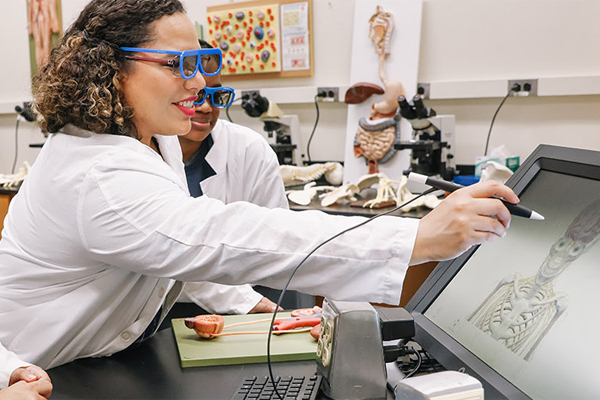
Explore the BHE Department!
Designed for students who want a focus in biological structures and systems from multicellular life to local ecosystems to the entire terrestrial biosphere. Students have access to strong research programs, state-of-the-art resources, and competitive financial support.
Recent BHE Spotlights
View More Spotlights